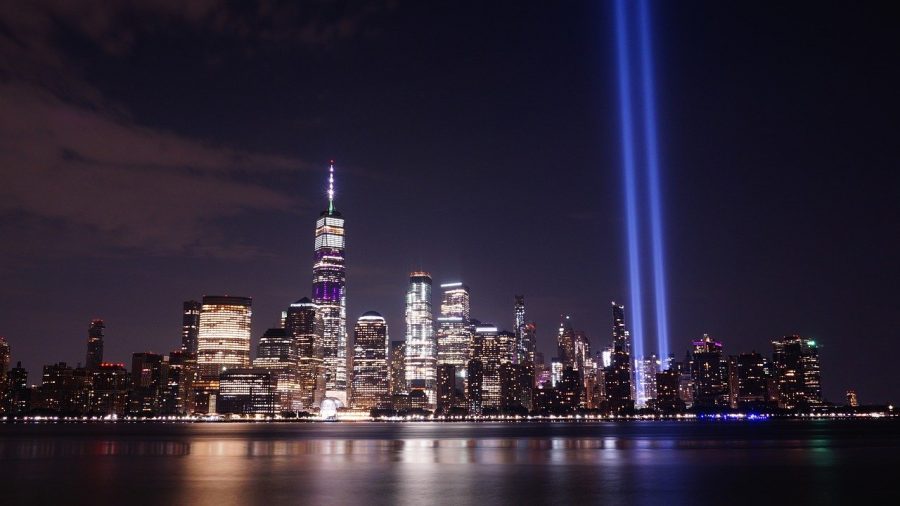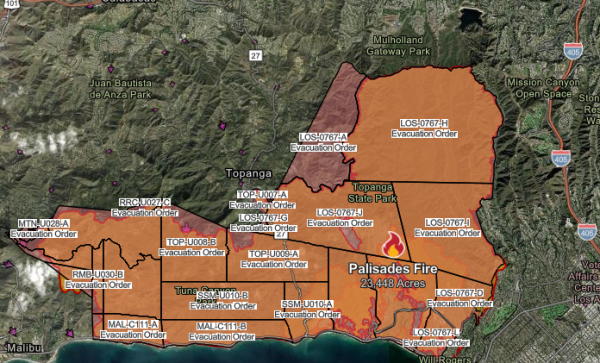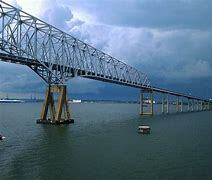An Unspeakable Tragedy
Twenty years ago, an unspeakable tragedy shook the United States, challenging the meaning of patriotism and citizenship for years to come.
On September 11, 2001, four planes were hijacked by a total of 19 Islamic terrorists, two flown directly into the Twin Towers of the World Trade Center, one flown into the west side of the Pentagon military headquarters, and one that crashed into a rural field in Pennsylvania, with its original target the White House.
The hijackers, originating from Saudi Arabia and other Middle Eastern countries, acted in retaliation of the United States’ continued involvement in the region and were backed by Al Qaeda, an Islamic terrorist group run by Osama Bin Laden. The attacks were coordinated by Khalid Sheikh Mohammed, and Mohammed Atta was the head of the operation.
A total of 2,996 people were killed from the attacks, the majority of the deaths being fatalities from the World Trade Center. Countless paramedics, police officers, firefighters and other first responders risked their lives attempting to save workers and civilians during these catastrophic events, many not making it out alive.
September 11 launched an all-out war on foreign terrorism and tightened domestic security at all ins and outs of the country. Traveling to and from the US became much more difficult and attempting to stay for long periods of time was even harder. The Department of Homeland Security was created as an additional cabinet level, made to protect the country’s borders.
Despite being a catalyst to the creation of anti-terrorism agencies, 9/11 also caused a wave of Islamophobia and xenophobia towards people from the middle east or those with middle eastern features as well as complicating travel for Muslims.
Similar to 9/11, the beginning of the pandemic put a spotlight on the true heroes of this crisis: healthcare workers. While hospitals were being overrun with COVID-19 related infections, doctors, nurses, and other healthcare workers had to go to work in the midst of a PPE (personal protective equipment) shortage, some reusing single-use masks just to ration what little they had. As a result, 3,600 healthcare workers died within the first year of COVID-19.
The pandemic also fueled concerns regarding public health and safety, such as appropriate methods for schooling and working and the effectiveness of masks and vaccines. Simultaneously, ongoing matters from before the pandemic took a new light in the midst of lockdown, all eyes went to the upcoming presidential election as a result of these issues, and the relationship between the two political parties in America became even more tense.
In the almost 20 years between 9/11 and the start of the COVID-19 pandemic, it seems much has changed, even considering the recognizable similarities of the two events. Regardless, there is arguably one attribute of the two events that distinguishes the two crises: community and citizenship.
Right after the Twin Towers and the Pentagon were hit, efforts were launched to evacuate the buildings before their collapse and save as many people as possible, not only by first responders, but by ordinary citizens and bystanders who were willing to aid first responders. On the other hand, the pandemic confined everyone to isolation within their home. Community and togetherness seemed like a far-off concept when we could be anything but together.
These two events have such major distinctions for a number of reasons, one including the nature of these events, but the American mindset plays a major part as well. What we as a country and a community can accomplish at our highest depends on how we react to crises at our lowest. Even when faced with physical barriers, we as Americans cannot thrive if we aren’t unified as one. And in order for unification to become a reality, citizens and members of this country must put aside our differences and help one another when the time calls for such to be done.






